When it comes to running a commercial property, we all know that the focus for investment is the front of house. After all, that’s where the customers, tenants or patrons are going to be, and you want to be able to provide them with a good experience and make sure they are in a nice environment. This all makes sense. But the problem comes when property managers get too focused on the front of house, and forget that the back of house needs some investment too.
Why Is Your Back of House Important?
The back of house might not be glamorous, but it is important. It’s the place all of your business-critical systems live, and it’s what keeps your business running and your front of house operational. If your front of house was a puppet, then your back of house is the strings – you need one for the other to work. And because these systems are critical, they need care, attention and maintenance. If not, you could find that your front of house starts to suffer as a result. For example, your HVAC system is a part of your back of house. It’s the heart of your building, providing heat, hot water and ventilation, making the environment habitable and comfortable. If it isn’t properly maintained, then you could start seeing leaks, hot and cold spots in your property, vents getting dirt or breaking or incredibly high energy bills out of the blue. Customers might not see the back of house, but that doesn’t make it any less important than your front of house when it comes to business investment and attention.
A Cautionary Tale
To help illustrate exactly what this means for your property, let us tell you a story:
A few years ago, we were called out to inspect and repair the plant room for a block of flats. There were 20 flats in the block, and a single plant room to service the whole building. The equipment in that plant room was with around £2 million, and it provided heating, hot water and ventilation to every flat and the communal areas. But once the plant room had been installed, it had just been left alone for years with minimal attention and no professional maintenance for 6 years. When we asked, the block manager said it was because they were trying to cut costs, and preventative maintenance was an expensive bill on top of all the other running costs. So by not doing maintenance on it, he had saved himself a few thousand pounds a year that he could put into maintaining and refurbishing the common areas and the flats. in other words, he invested only in his front of house.
In theory, this approach made sense. But when we examined the plant room, we found it in poor condition. There was so much wear, dirt build-up and damage that most of it couldn’t actually be repaired. Instead, the most cost-effective route for him was to completely replace the plant room after just 5 years in operation – costing him another £2million.
To put that in perspective, if that plant room had been properly managed and maintained it could have lasted for decades before it needed replacing. But instead the block manager chose to invest the maintenance cost in his front of house each year, shooting himself in the foot and costing him a lot more just 5 years on. Needless to say, we are now maintaining that plant room for him, and all is still running smoothly! We told you that story not to blow our own trumpet, but to show you just how much not investing in proper back of house maintenance could cost you.
Not Investing Costs You Money
By now you should see just how important investing in the back of house is for facilities managers. Your priority is ensuring things run smoothly and your customers have a good experience, and a big part of that is keeping your HVAC systems operating at full capacity. A few ways not investing in maintenance work could cost you money include:
- Costly repair bills: If you catch an issue with your HVAC systems quickly, it can usually be repaired without any problem and not cost a lot of money. But as you saw in our earlier example, if you don’t maintain your systems properly then the repairs just get more and more expensive, and can even mean you need to replace your whole system.
- Loss of earnings: Certain problems with your HVAC system can mean you need to shut down your business until it’s fixed. Things like gas leaks or floods can be a huge risk for customers, and you will not be able to earn anything while the repairs are taking place. This could take a day, or it could take several weeks – meaning you could lose out on a lot of earnings.
- Damages: We don’t just mean damage to your HVAC system, but damage to your premises. Leaks can cause water damage, corroded pipework can cause issues with your wall structure, or moisture escaping can seep into your walls causing mould, peeling paint and more. All of this will cost you money to repair, on top of the cost of fixing the problem
- Reputational damage: Imagine you’re running a restaurant, and one of the corners is always too hot. Customers seated there will not have a pleasant dining experience, and may complain about the temperature to their friends – who may choose not to dine with you in future. You’ve now lost future income because you failed to invest in fixing an issue with your back of house systems.
At Bonus Eventus Maintenance Ltd, we specialise in ongoing maintenance for HVAC systems in commercial properties. Whether you’re the property manager for a block of flats, a restaurant, an office block or a church, we can help you keep your VAC systems in full working order, preventing problems and ultimately saving you time and money. If you would like to know more, just get in touch with the team today.
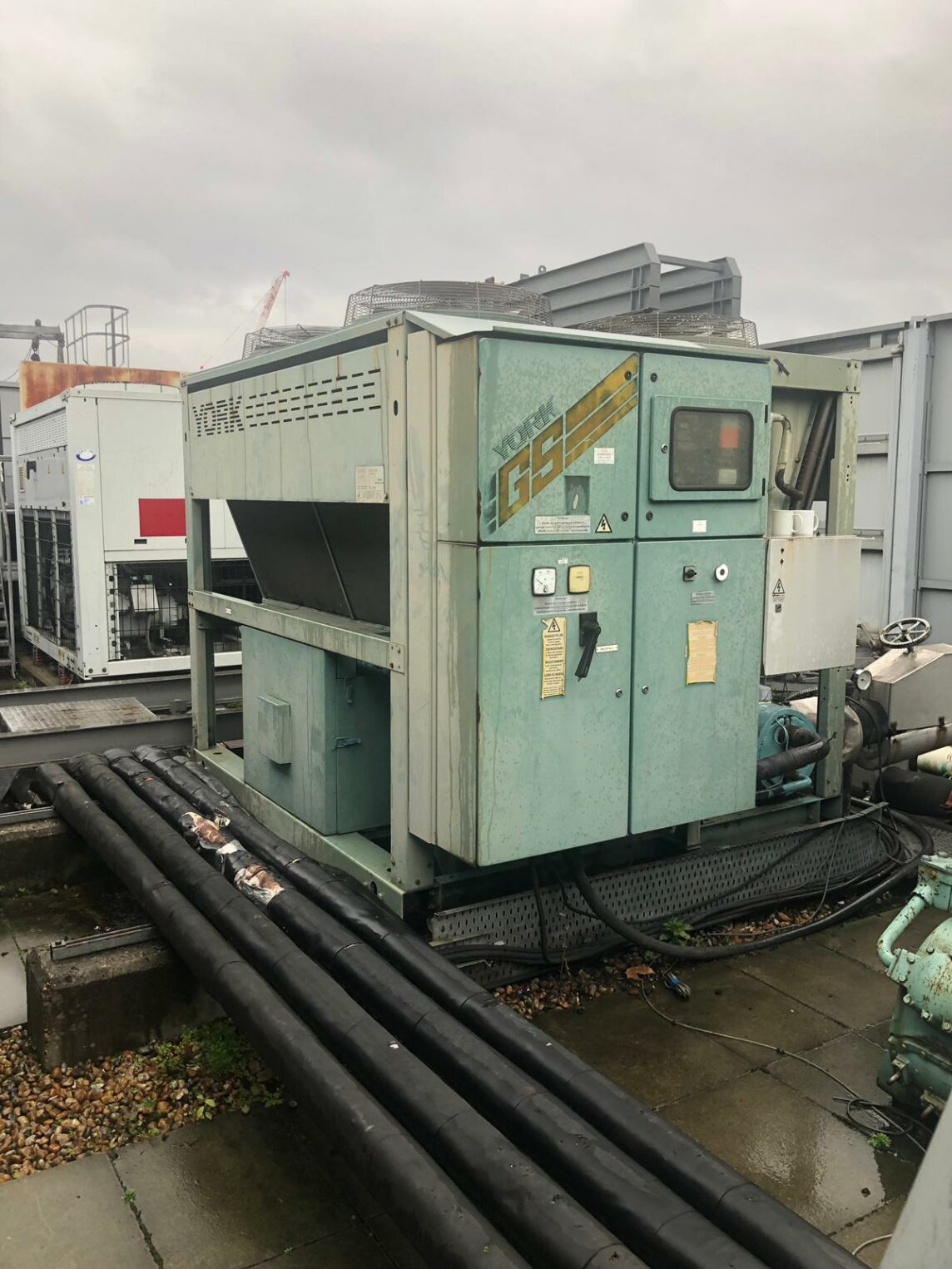
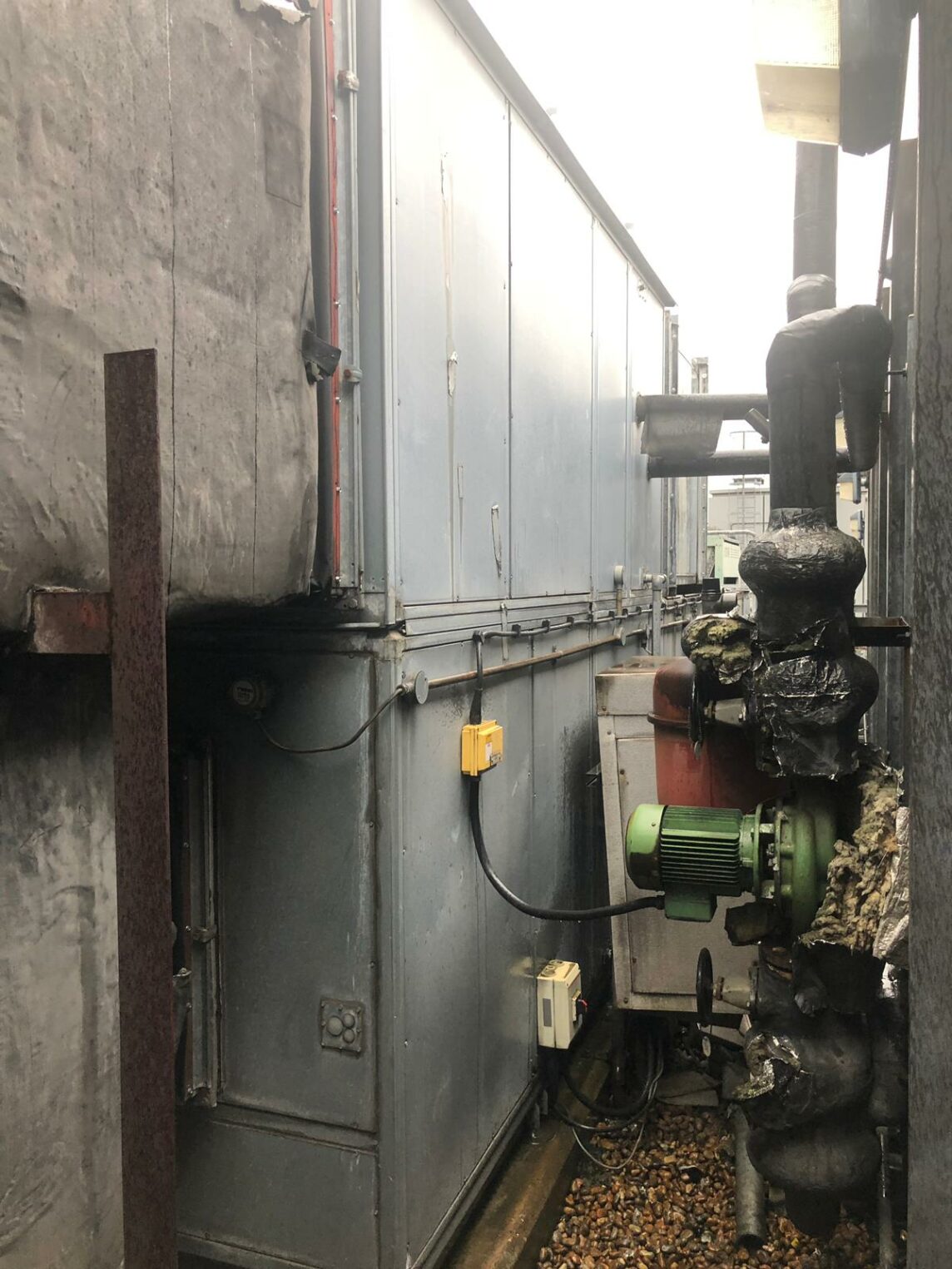
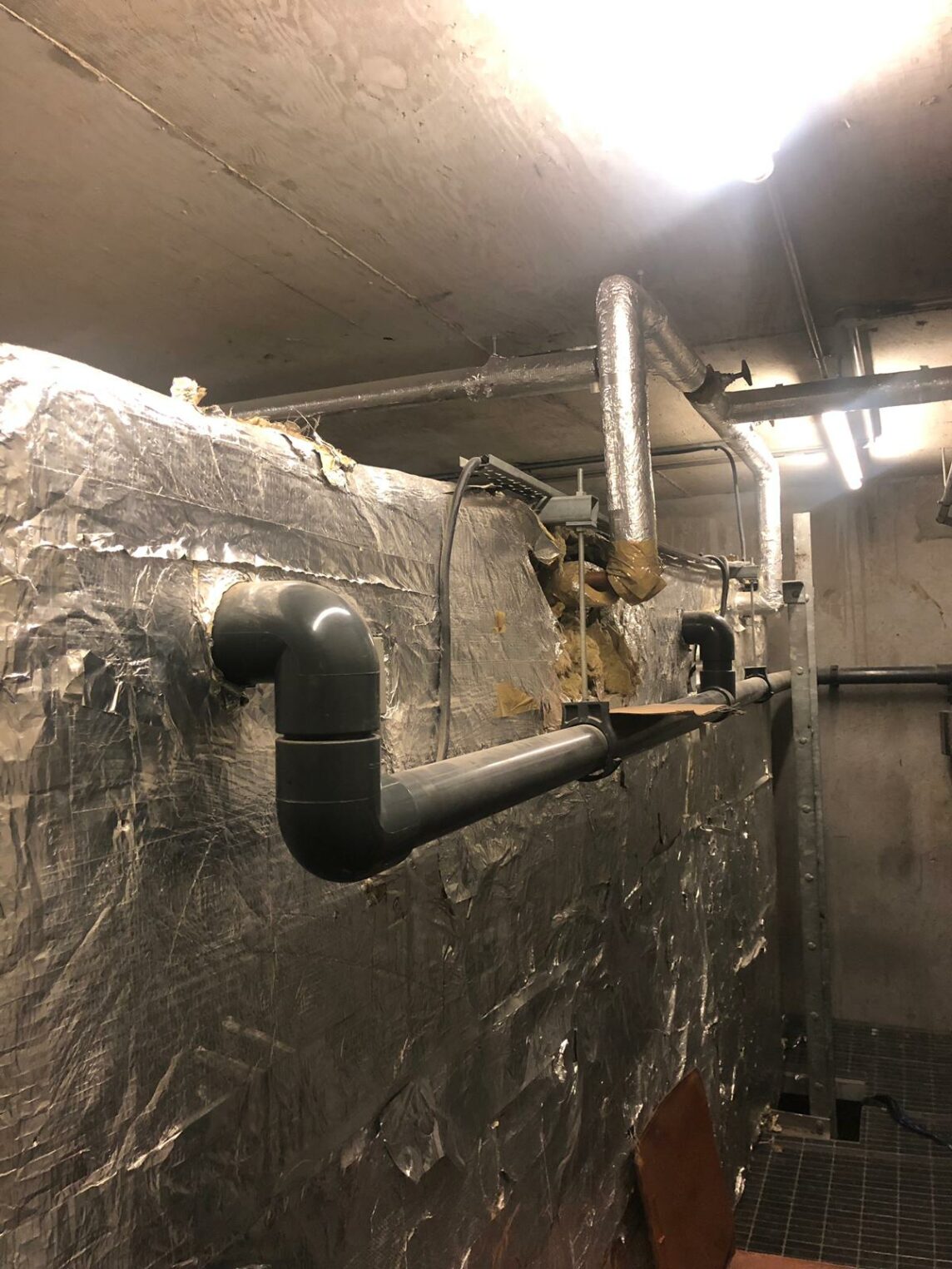
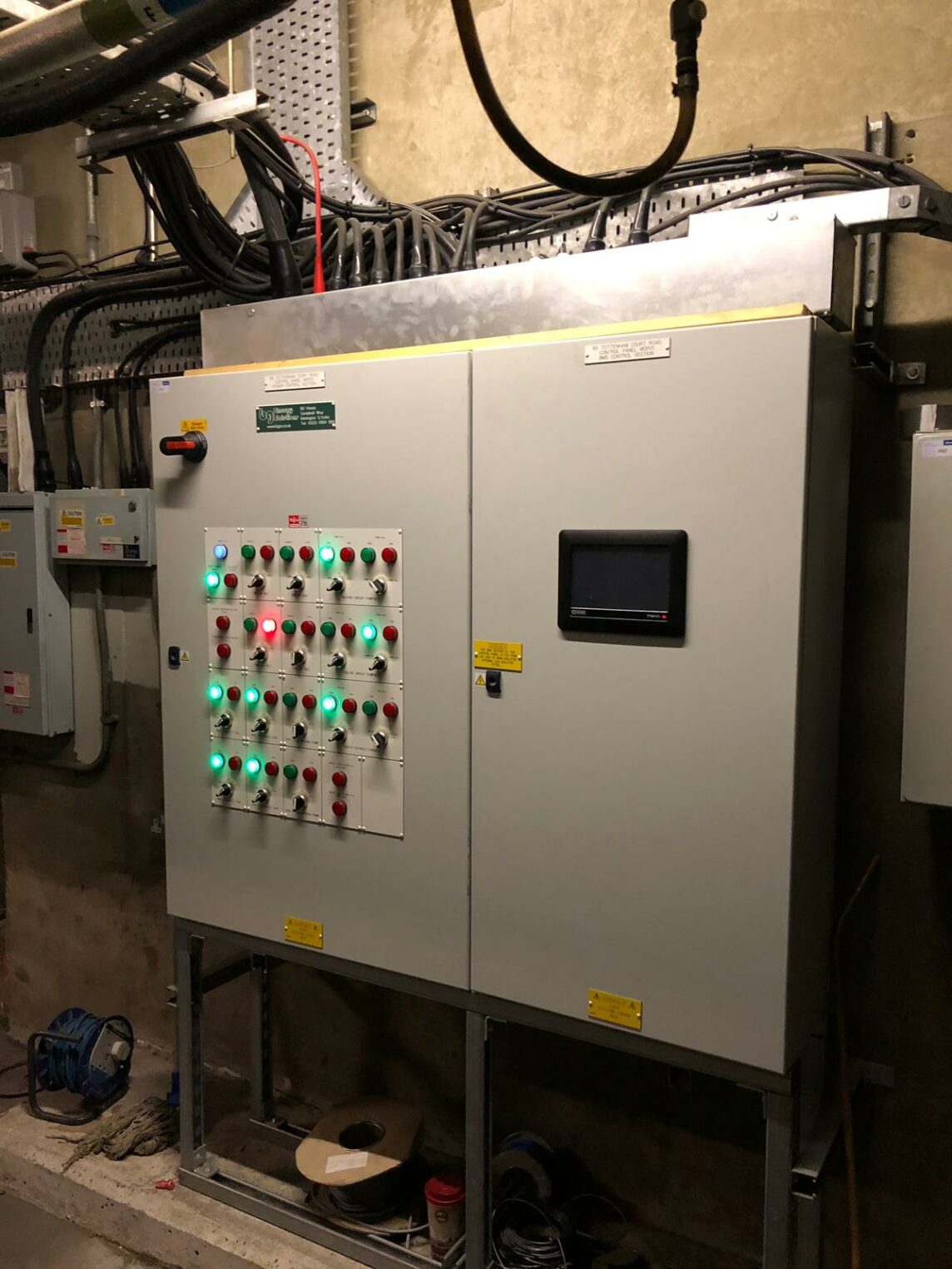
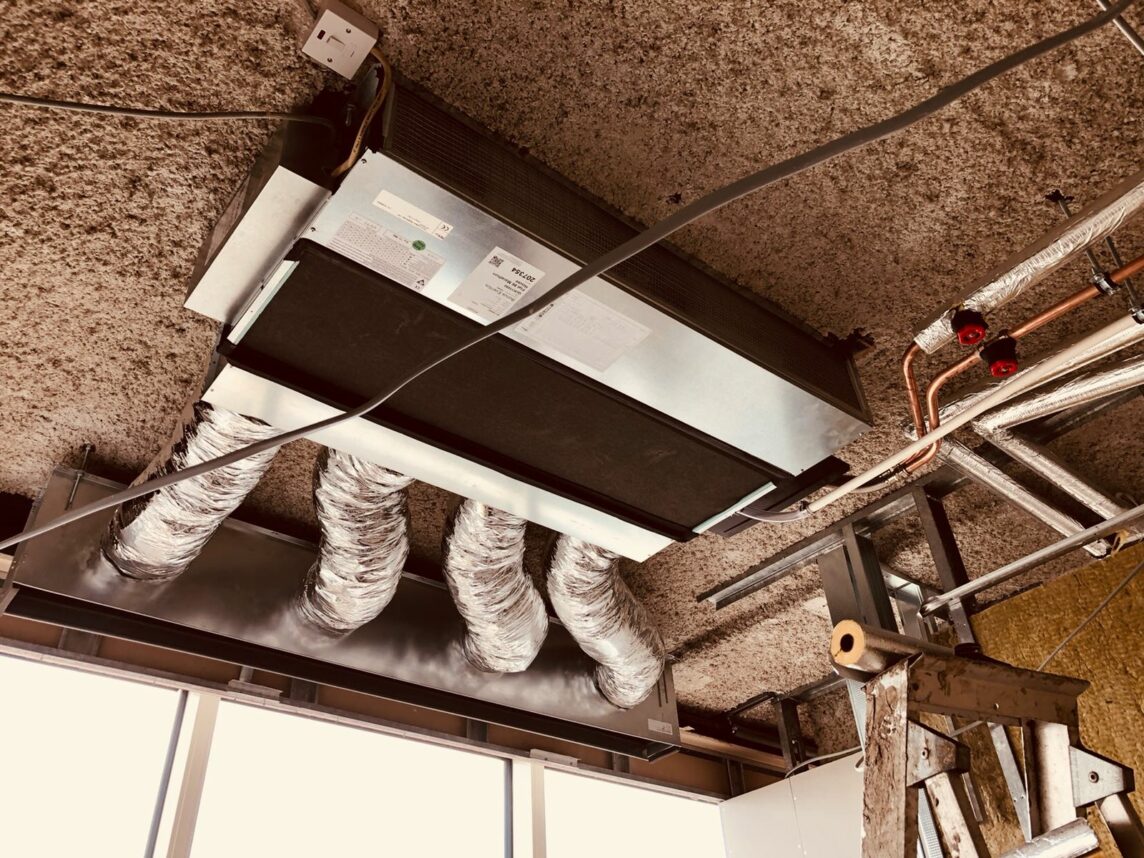
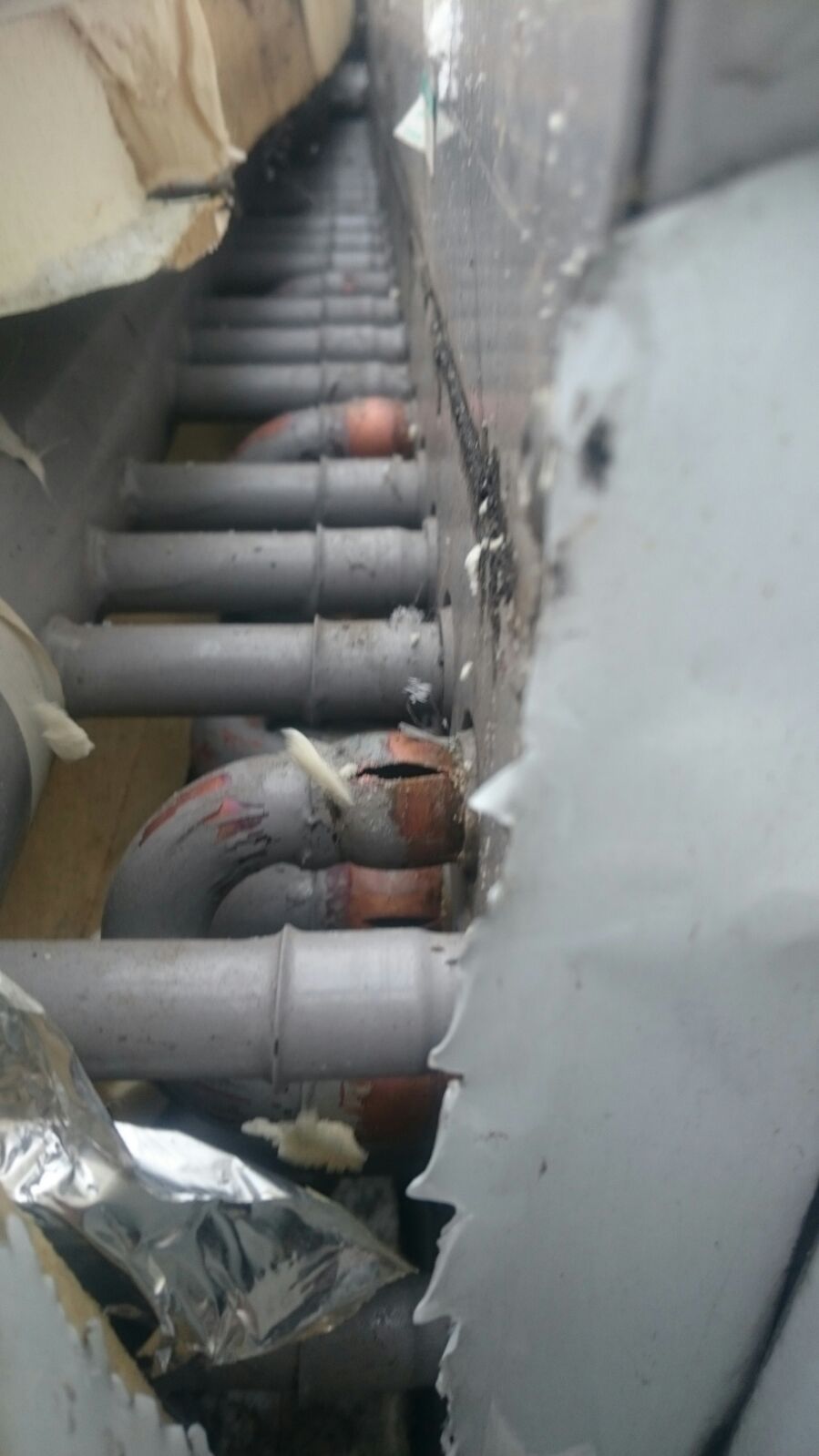
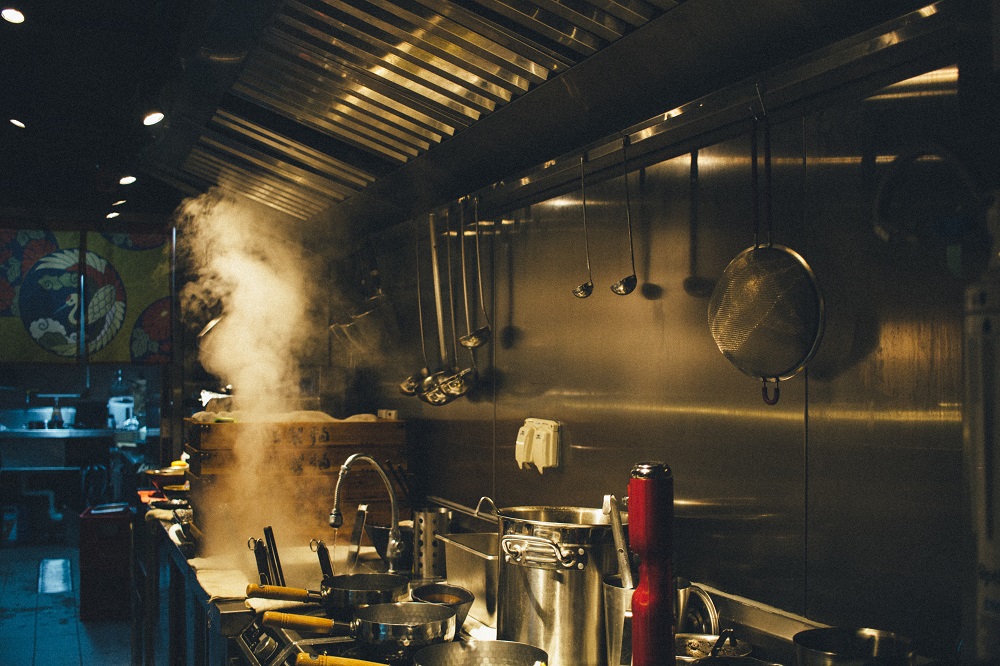

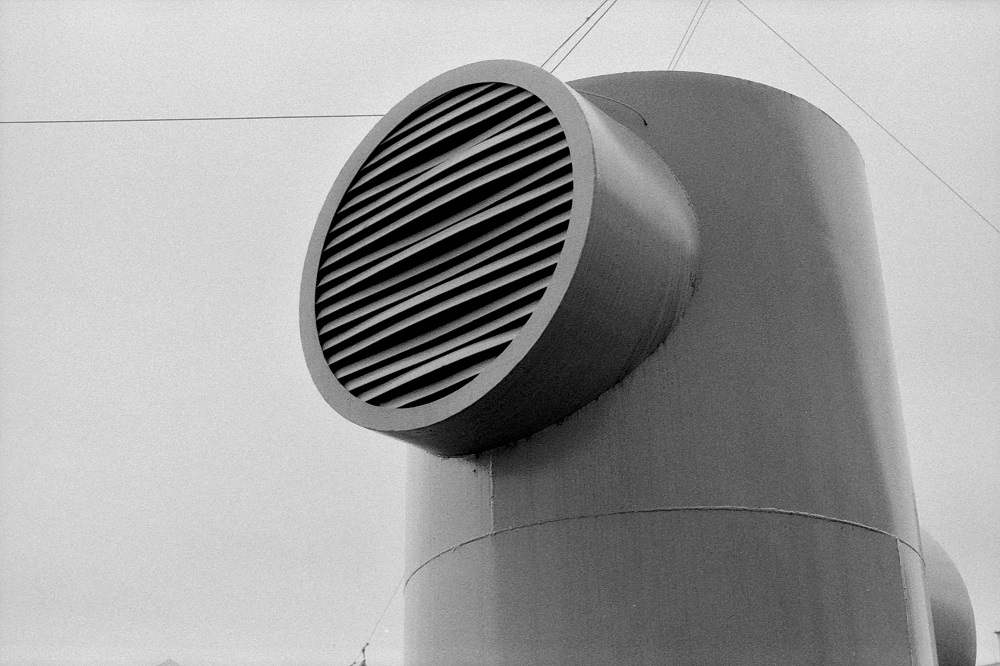
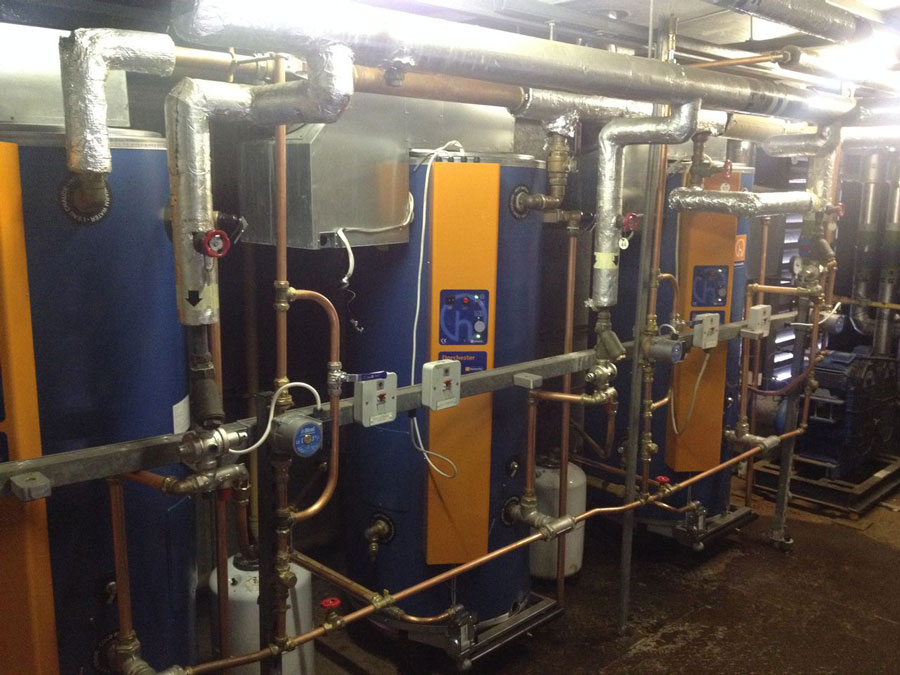
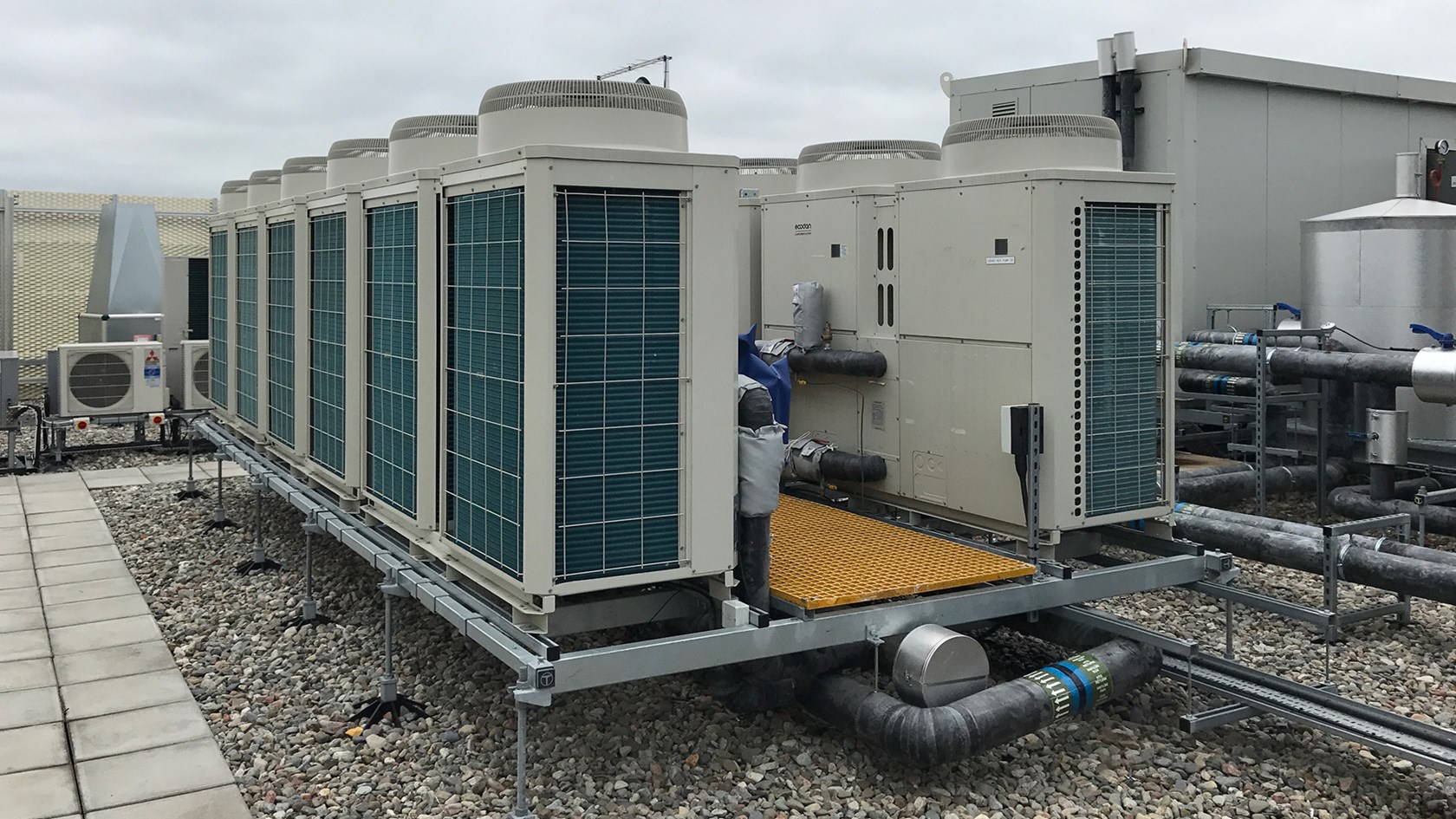 Heat Pumps
Heat Pumps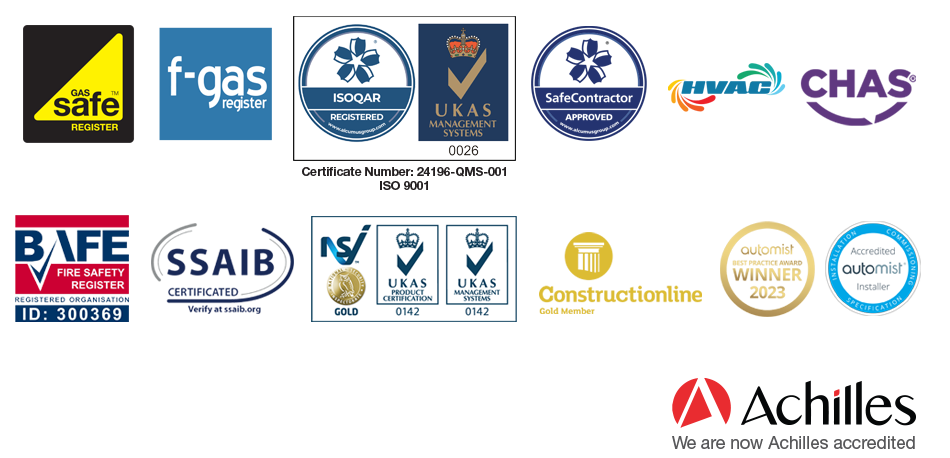
By
Bonus Eventus
in
HVAC Maintenance 24/7/365 call
HVAC Maintenance 24/7/365 call out